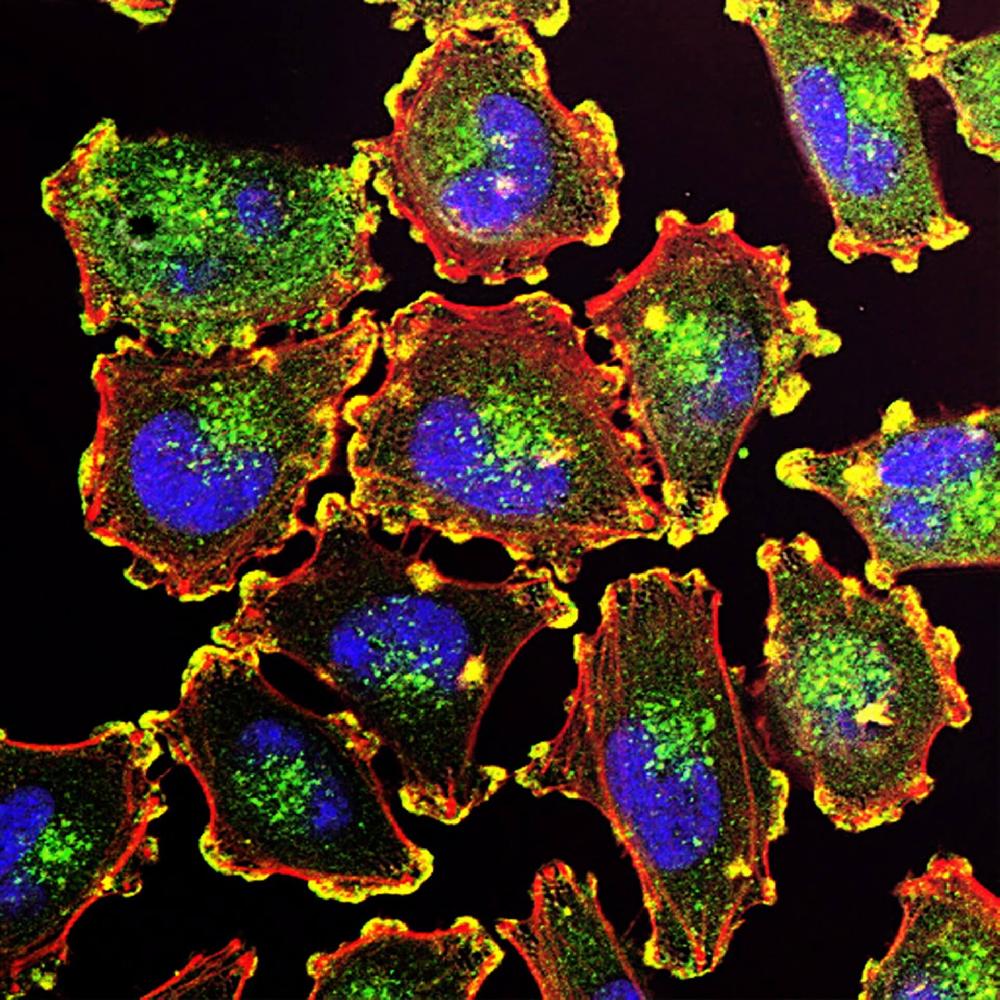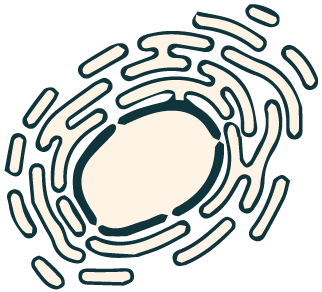This website uses cookies to ensure you get the best experience on our website.
- Table of Contents

7 Citations 7 Q&As
5 Citations 7 Q&As
2 Citations 7 Q&As
7 Citations 8 Q&As
7 Citations
2 Citations
Facts about Advanced glycosylation end product-specific receptor.

Acts as a mediator of both acute and chronic vascular inflammation in conditions such as atherosclerosis and specifically as a complication of diabetes. AGE/RAGE signaling plays an important role in regulating the production/expression of TNF- alpha, oxidative stress, and endothelial dysfunction in type 2 diabetes.
| Human | |
|---|---|
| Gene Name: | AGER |
| Uniprot: | Q15109 |
| Entrez: | 177 |

| Belongs to: |
|---|
| No superfamily |

advanced glycosylation end product-specific receptor; AGER; RAGE isoform delta; RAGE isoform sRAGE-delta; RAGE; Receptor for advanced glycosylation end products; receptor for advanced glycosylation end-products; SCARJ1
Mass (kDA):
42.803 kDA

| Human | |
|---|---|
| Location: | 6p21.32 |
| Sequence: | 6; NC_000006.12 (32180968..32184380, complement) |
Endothelial cells.
[Isoform 1]: Cell membrane; Single-pass type I membrane protein.; [Isoform 2]: Secreted.; [Isoform 10]: Cell membrane; Single-pass type I membrane protein.





PMID: 1378843 by Neeper M., et al. Cloning and expression of a cell surface receptor for advanced glycosylation end products of proteins.
PMID: 7835890 by Sugaya K., et al. Three genes in the human MHC class III region near the junction with the class II: gene for receptor of advanced glycosylation end products, PBX2 homeobox gene and a notch homolog, human counterpart of mouse mammary tumor gene int-3.
*More publications can be found for each product on its corresponding product page